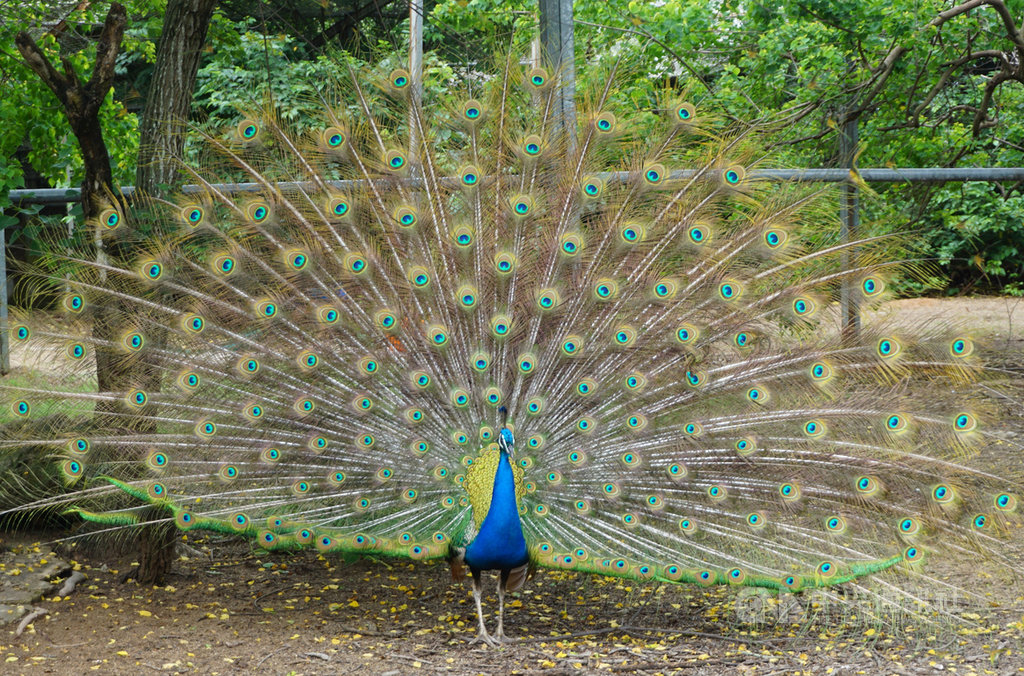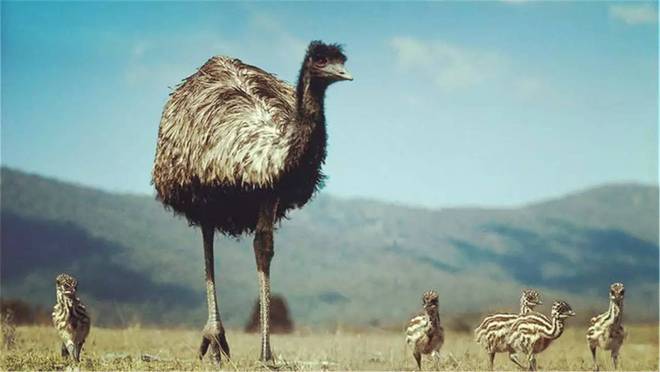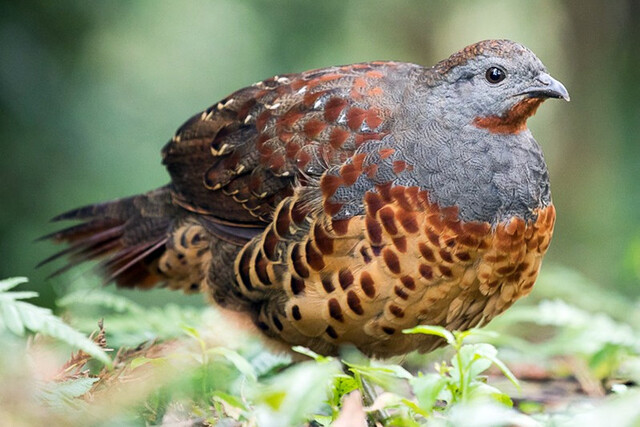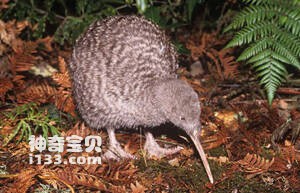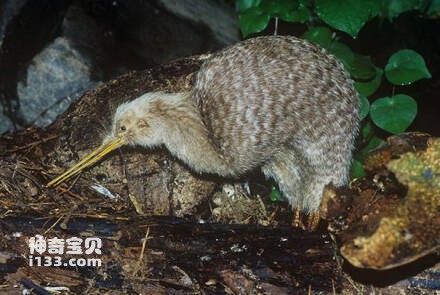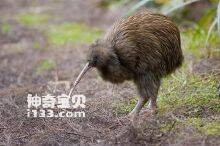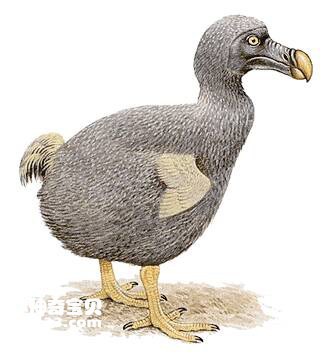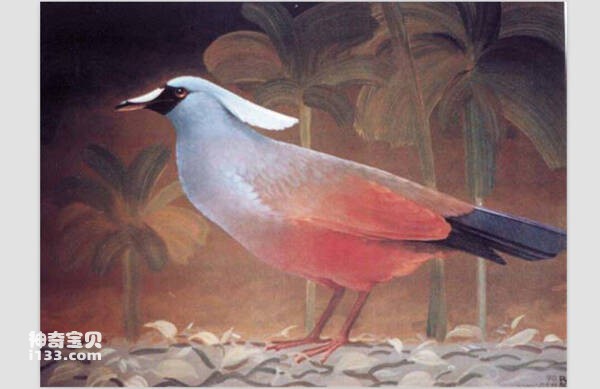Gallicolumba luzonica
IUCN
LCBasic Information
Scientific classification
- name:Gallicolumba luzonica
- Scientific Name:Gallicolumba luzonica,Luzon bleeding-heart(英文),Dolchstichtaube(德文),ヒムネバト(日文)
- Outline:Landfowl
- Family:
Vital signs
- length:About 30 cm
- Weight:Around 184g
- lifetime:15-20 years
Feature
The white chest is characterized by red spots
Distribution and Habitat
It is endemic to Luzon and other small islands in the Philippines.
The Luzon chicken dove inhabits lowland forests from sea level to 1,400 m above sea level and spends most of its time feeding on the forest floor. These birds usually nest in trees, bushes and vines at low to medium heights. They use the dense undergrowth around them to avoid predators.
Appearance
The deep red patch on the chest of the Luzon chicken dove is its signature feature, red spots like bleeding wounds, which is where the English common name comes from. The legs are long and red; The tail is short; The wings are pale blue-gray; The beak is black. The cover has three dark reddish-brown stripes. Their larynx, chest, and abdomen are white, with light pink feathers surrounding red spots on the chest. The sex of the Luzon pigeon is difficult to distinguish. Male birds are relatively large and have wider heads, but in most cases their sex requires more delicate identification. The average weight is 184 grams and the body length is 30 cm. The average wingspan is 38 cm.
Details
Luzon pigeon (scientific name: Gallicolumba luzonica ) Luzon bleeding-heart (English), Dolchstichtaube (German), ヒムネバト (Japanese), there are 3 subspecies.
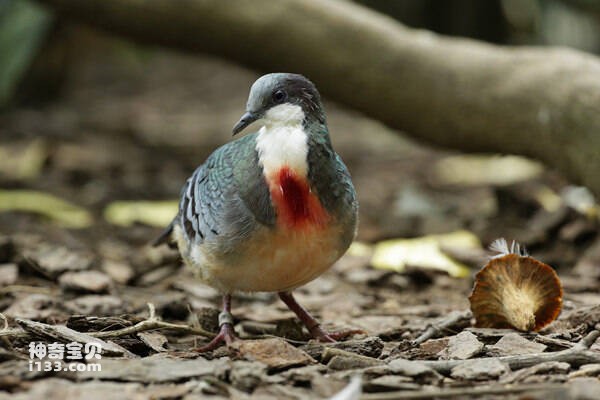
The Luzon chicken dove is a very secretive and shy bird that spends most of its time on the forest floor. When approaching it, they can only fly a short distance and then escape on foot. In nature, these birds are relatively tame, but in captivity they can become aggressive. Usually, males must be separated from each other, and only one breeding pair can be kept per aviary.
In its natural habitat, the Luzon chicken dove feeds mainly on seeds, fallen berries, and various insects and worms found on the forest floor. In captivity, when a pair of birds breed, they can be fed oilseeds, vegetables and cheese for added nutrition.
In captivity, Luzon pigeon is usually monogamous for life and can mate year-round. Males will chase females and display their swollen breasts to fully display the vivid red spots on the chest. Once the female is attracted to him, the male lowers his head and coos affectionately to her.
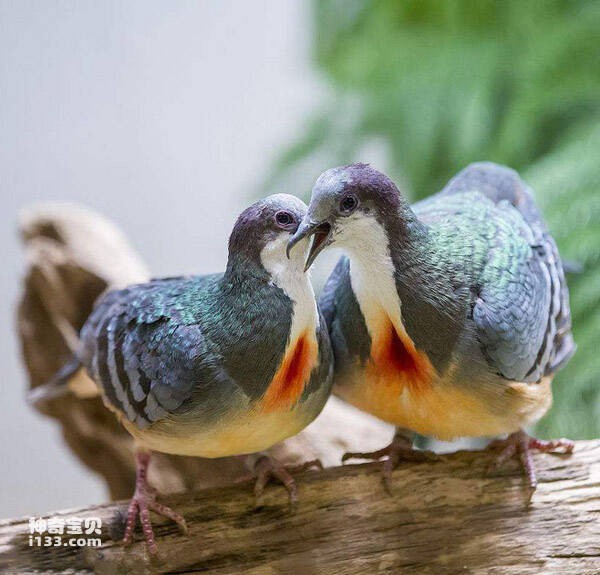
The Luzon pigeon has proved difficult to observe in its natural habitat, so there is a lack of understanding of its breeding behavior outside of captive conditions. The nesting period usually occurs in mid-May. Females usually lay two milky white eggs. Males incubate their eggs during the day and females incubate their eggs at night, alternating between 15 and 17 days. After hatching, the adult birds secrete pigeon milk to feed the chicks. Although the chicks leave the nest after 10 to 14 days, the parents remain close to the offspring for two to three months. The chicks must be separated from their parents after 2 to 3 months of age when they have developed their adult feathers, otherwise the parents will attack and sometimes even kill the chicks. At 18 months, the young molt a second time and reach sexual maturity.
Luzon chicken dove has a long life span of up to 15 years in the wild and up to 20 years in captivity.
The native people of Luzon, who obtain meat and sell it in the pet trade through trapping and taming, pose a great threat to the species. And with the eruption of Mount Pinatubo, habitat was destroyed. The increase in urban population size and deforestation have greatly affected the living conditions of the chicken dove in Luzon.
Listed in the International Union for Conservation of Nature Red List of Threatened Species (IUCN) for 2016 ver 3.1 - Near Threatened (NT).
Listed in Appendix II of the 2019 edition of the Convention on International Trade in Endangered Species of Wild Fauna and Flora (CITES).
Protect wild animals and eliminate wild meat.
Maintaining ecological balance is everyone's responsibility!

